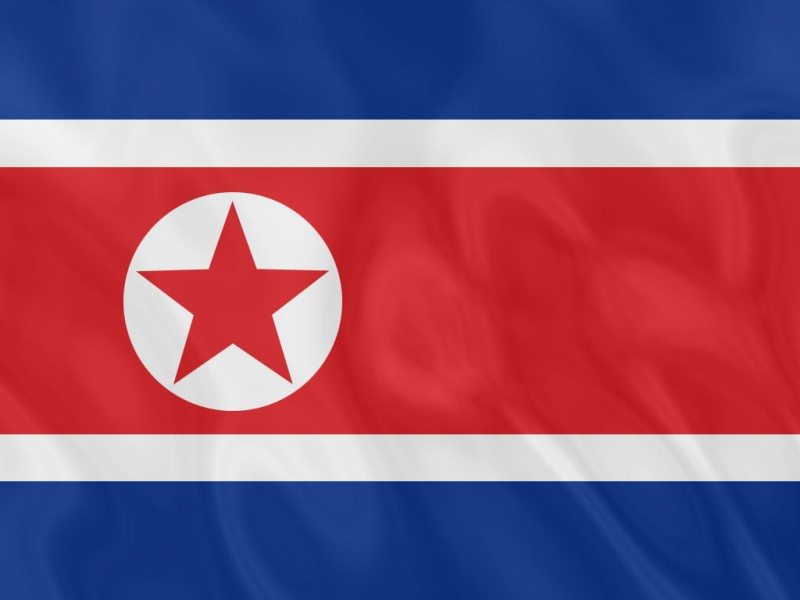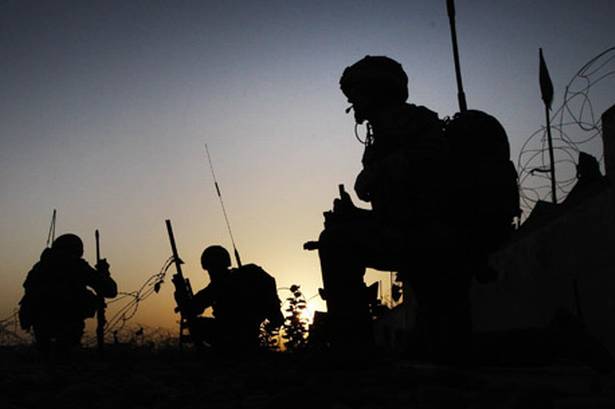North Korea launched live-fire drills near the disputed sea border with South Korea late Wednesday, the Yonhap news agency reported, amid high tensions over Pyongyang’s recent submarine-launched ballistic missile test.
The reported firing drills — some shot from a war ship — came just hours after Pyongyang informed South Korea of its plans to conduct the exercise.
The artillery rounds were fired near the South’s Baengnyeong and Yeonpyeong islands, but none landed on the south side of the disputed border in the Yellow Sea, Yonhap reported.
The North’s military has said it will stage the firing drills any time between 3:00 pm (0600 GMT) Wednesday and midnight Friday in its territorial waters, South Korea’s Defence Ministry said.
The North’s plans, contained in a message sent through a military hotline, prompted South Korean troops to step up vigilance along the Yellow Sea border, a ministry spokesman told AFP.
For its drills, the North’s coast artillery designated two areas near South Korea’s front-line islands close to the sea border, he said.
“We see such drills as a threatening attitude aimed at stirring up tensions in a sensitive area,” he said, adding South Korea would react “sternly” if North Korean shells fell south of the border.
Cross-border tensions have soared since Pyongyang’s state media announced Saturday that a new submarine-launched ballistic missile (SLBM) had been successfully tested under the personal supervision of North Korean leader Kim Jong-Un, who described it as a “world-level strategic weapon”.
The test rang alarm bells in Seoul because a fully developed SLBM capability would take the North Korean nuclear threat to a new level, allowing deployment far beyond the Korean peninsula and the potential to retaliate in the event of a nuclear attack.
The North followed up the SLBM launch by test firing three anti-ship cruise missiles on Saturday.
Pyongyang has also threatened to fire on sight at South Korean navy patrol boats it accuses of routinely entering its territorial waters in the Yellow Sea.
Seoul has denied any incursions.
South Korean President Park Geun-Hye warned that Pyongyang’s SLBM development posed a “serious challenge” to regional stability and vowed a strong military response to any provocation from Pyongyang.
The two Koreas recognise different boundaries dividing their territorial waters in the Yellow Sea.
The North argues that the demarcation recognised by the South — the Northern Limit Line (NLL) — is invalid because it was unilaterally drawn by US-led United Nations forces after the 1950-53 Korean War.
The North recognises what it calls the Military Demilitarization Line, which is south of the NLL.
The maritime border has always been a flashpoint and was the scene of brief but bloody naval clashes in 1999, 2002 and 2009.
In November 2010, North Korea shelled Yeonpyeong island, killing four South Koreans and briefly triggering concerns of a full-scale conflict.
Most recently, North and South Korean naval patrol boats briefly exchanged warning shots in October last year.
Because the Korean conflict ended with a ceasefire rather than a treaty, the two Koreas remain technically at war.











